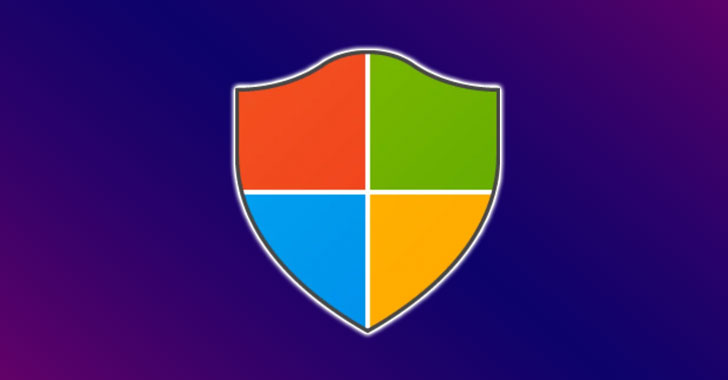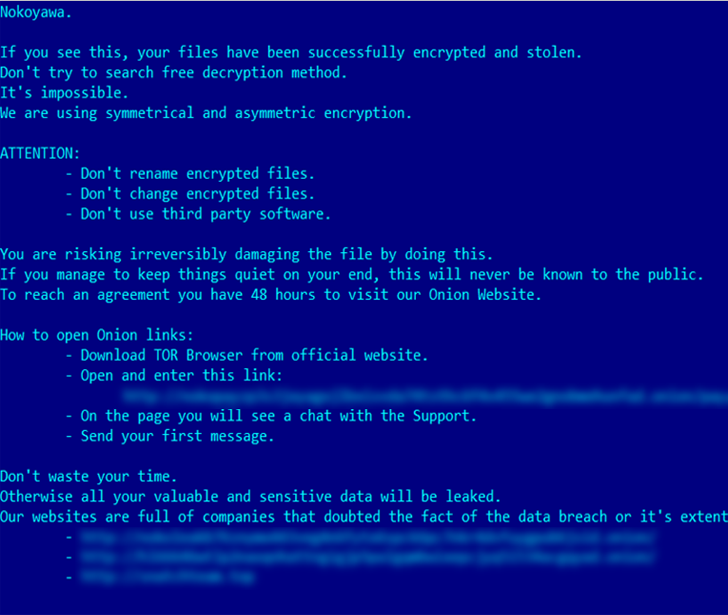Ransomware gang lists first victims of MOVEit mass-hacks, including US banks and universities
Clop, the ransomware gang responsible for exploiting a critical security vulnerability in a popular corporate file transfer tool, has begun listing victims of the mass-hacks, including a number of U.S. banks and universities.
The Russia-linked ransomware gang has been exploiting the security flaw in MOVEit Transfer, a tool used by corporations and enterprises to share large files over the internet, since late May. Progress Software, which develops the MOVEit software, patched the vulnerability — but not before hackers compromised a number of its customers.
While the exact number of victims remains unknown, Clop on Wednesday listed the first batch of organizations it says it hacked by exploiting the MOVEit flaw. The victim list, which was posted to Clop’s dark web leak site, includes U.S.-based financial services organizations 1st Source and First National Bankers Bank; Boston-based investment management firm Putnam Investments; the Netherlands-based Landal Greenparks; and the U.K.-based energy giant Shell.
GreenShield Canada, a non-profit benefits carrier that provides health and dental benefits, was listed on the leak site but has since been removed.
Other victims listed include financial software provider Datasite; educational non-profit National Student Clearinghouse; student health insurance provider United Healthcare Student Resources; American manufacturer Leggett & Platt; Swiss insurance company ÖKK; and the University System of Georgia (USG).
A USG spokesperson, who did not provide their name, told TechCrunch that the university is “evaluating the scope and severity of this potential data exposure. If necessary, consistent with federal and state law, notifications will be issued to any individuals affected.”
Florian Pitzinger, a spokesperson for German mechanical engineering company Heidelberg, which Clop listed as a victim, told TechCrunch in a statement that the company is “well aware of its mentioning on the Tor website of Clop and the incident connected to a supplier software.” The spokesperson added that the “incident occurred a few weeks ago, was countered fast and effectively and based on our analysis did not lead to any data breach.”
None of…





